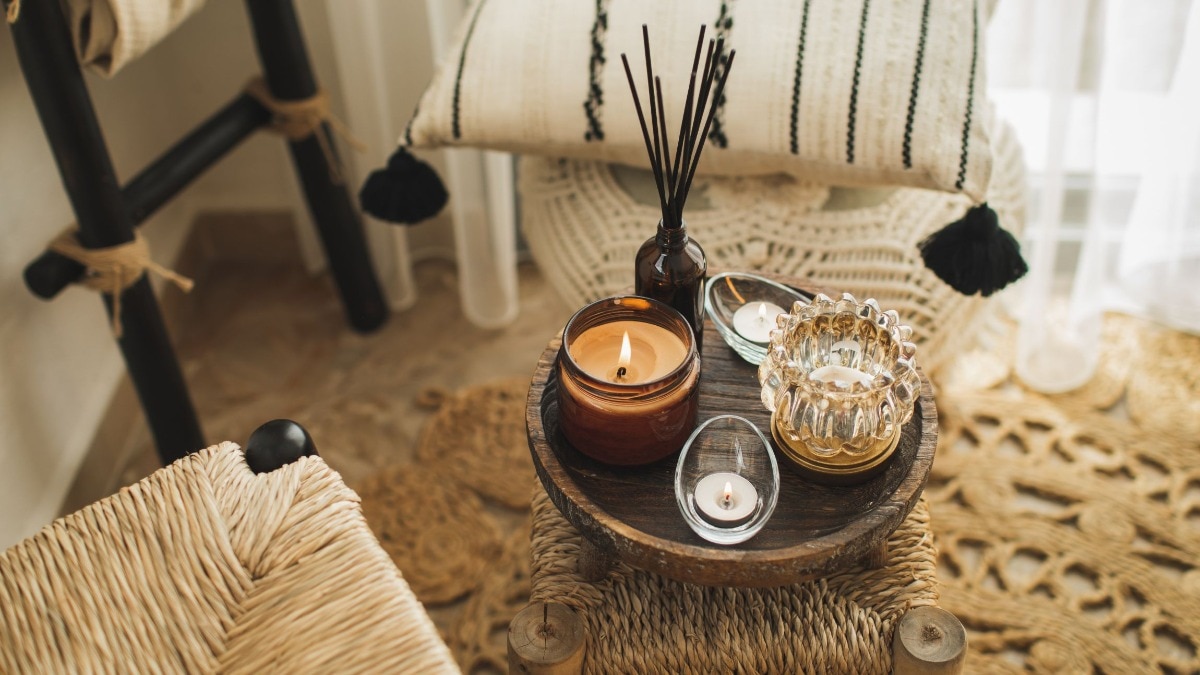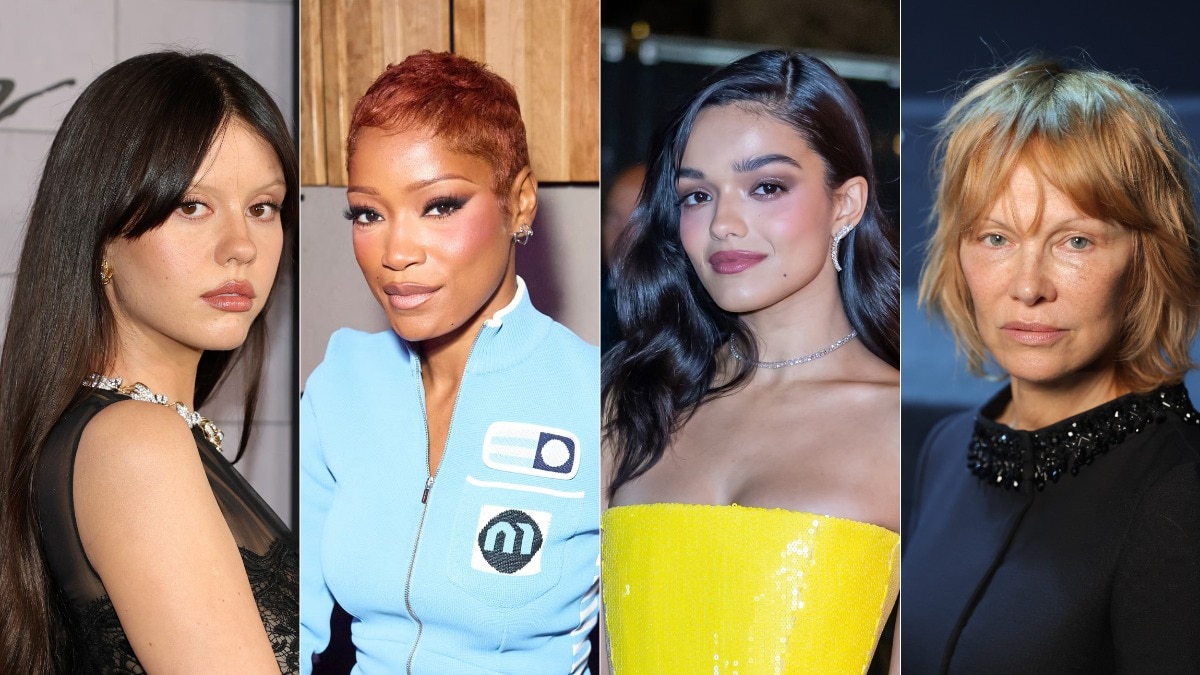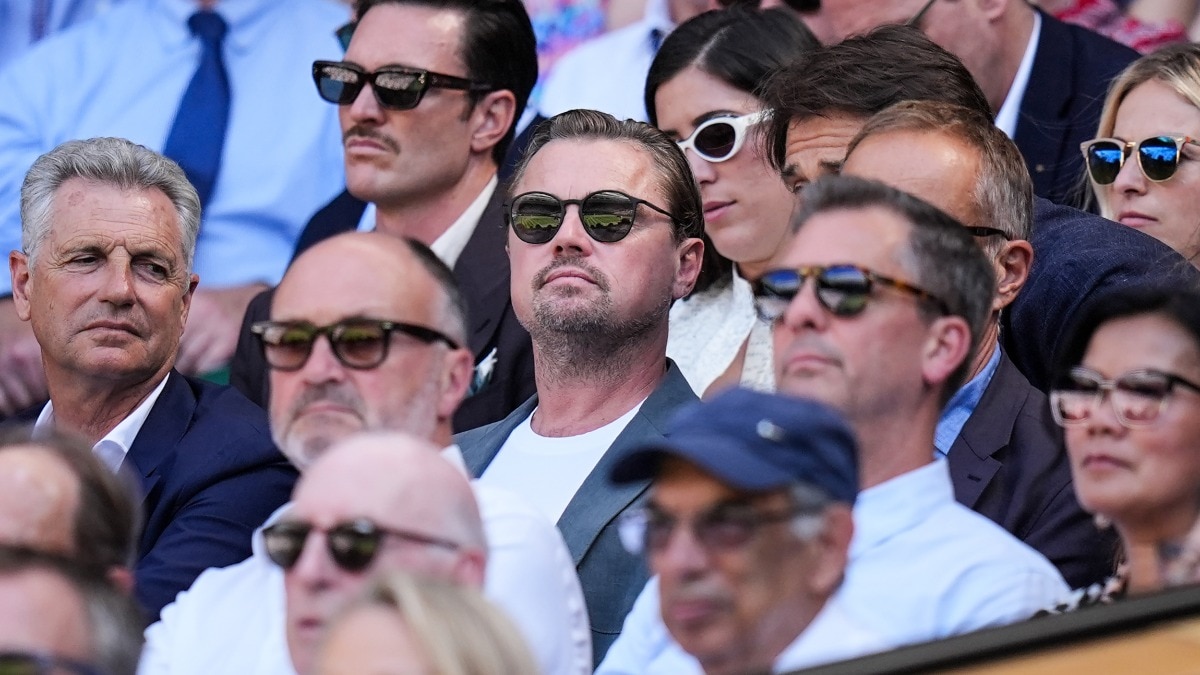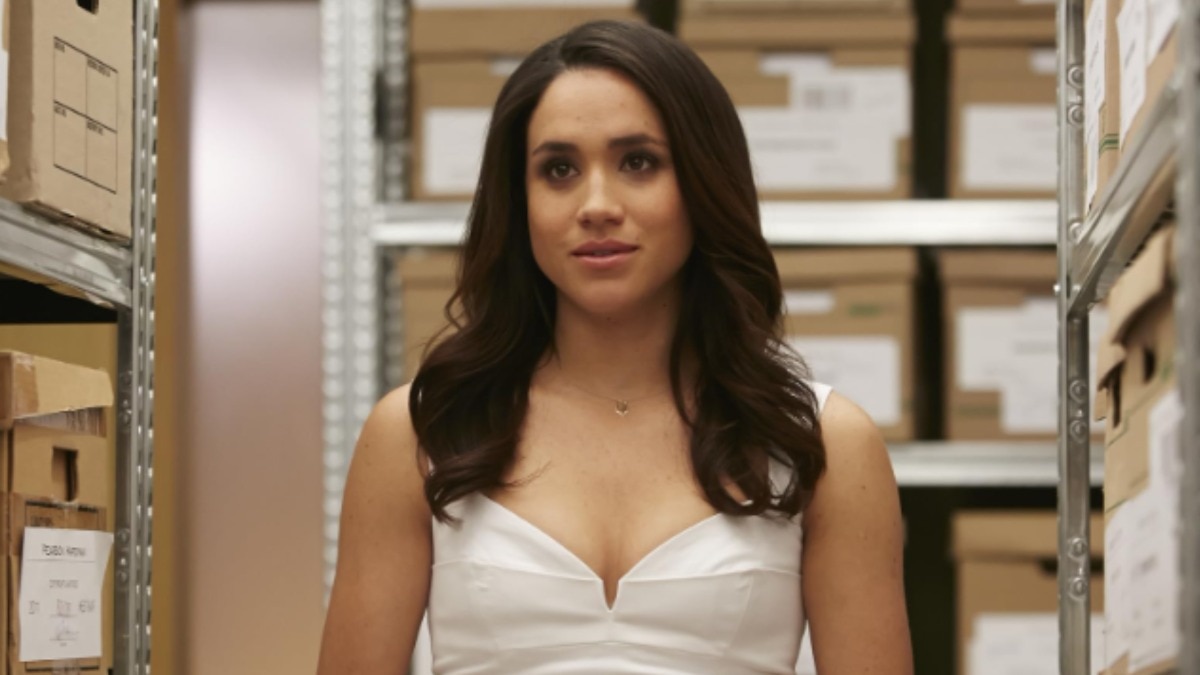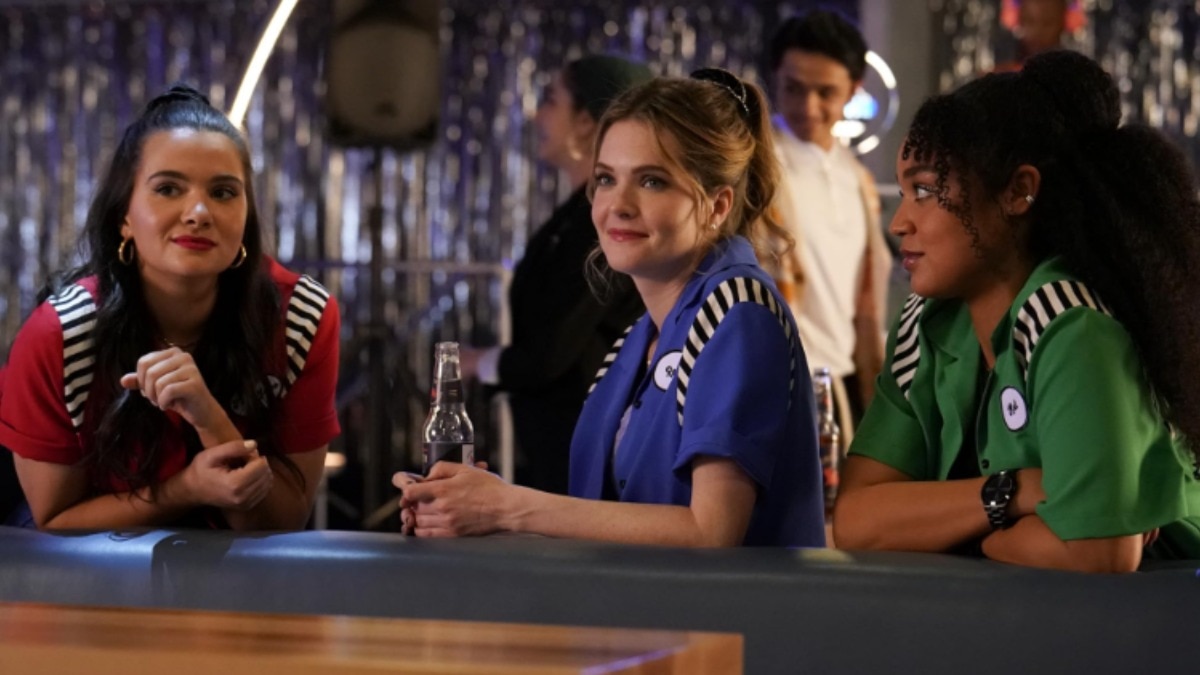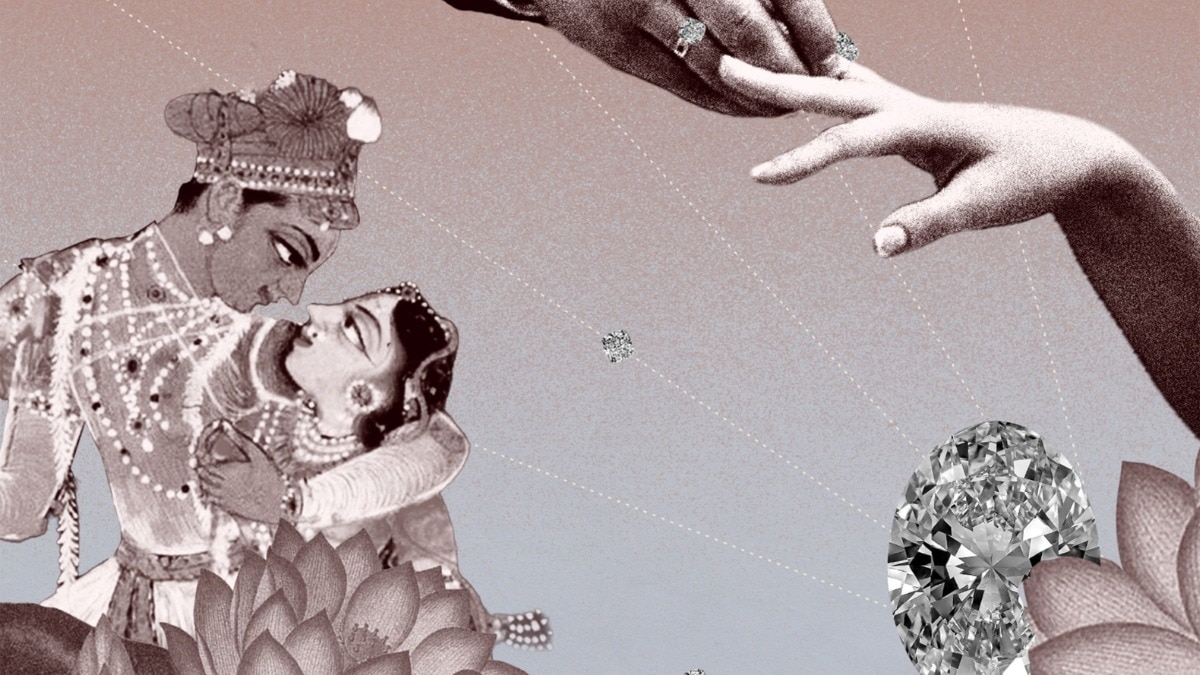
AR Rahman believes AI can be used without compromising on the artistic essence
"The legacy of a singer will always stay intact," he says.


Artificial intelligence (AI) is a great tool to move forward, believes Indian music icon and Oscar winner AR Rahman. He admits to using it to speed up his work, but emphasises that it does not take away the creativity. He goes on to explain how the human element, awareness of the brain, the ability to learn and unlearn cannot be replaced. “There are many tasks that AI is doing efficiently which took us ages. For example, researching for words when you are writing a song. You have a word and you can find out the connotation of it, the historical reference. These things, according to me, have become lightning fast,” Rahman tells Bazaar India. Here’s more from our conversation on how technology is reshaping the music landscape in India, his inspirations, and new talents in the industry.
Harper’s Bazaar: You have used AI to recreate the voices of late singers Bamba Bakya and Shahul Hameed in the movie Lal Salaam (2024). Tell us about it.
AR Rahman: My thought process was very human. I was asked to get a folk voice and couldn’t think of anybody. It struck me, what if we have Shahul Hameed singing? I thought why not? Since technology has advanced exponentially. While doing something like this, we must get permission from the family, and not do anything offensive. It is also important that the family is honoured and compensated. The legacy of a singer will always stay intact because songs are forever. What Shahul Hameed and Bamba Bakya have sung, is going to last till language exists. The exciting news is that the song had so many people in tears. My team and I were very moved with the idea as well.

HB: Have you recently discovered any new artist or album that has caught your attention?
AR: I’m seeing a lot of independent artists with originality. They’re courageous in putting out music from their culture and making it sound cool. For instance, the lyrics of Dhee’s (Dheekshitha Venkadeshan) latest single (I wear my roots like a medal) showcases Tamil culture. Singers like Jonathan Angami from my favourite state Nagaland, Hanumankind (Sooraj Cherukat, a rapper who has recently made headlines with his new release, Big Dawgs), and a few artists from the documentary called Headhunting to Beatboxing are some of the new talents that I admire. It’s nice to see that they’re finding themselves.
HB: AR Rahman is a name that inspires so many singers and songwriters. When you started off, who did you look up to?
AR: I was a big fan of Mani Ratnam and I didn’t even dream that I’d be working with him for 22 years now. He’s been a friend and a mentor. My first National Award (for Roja, 1992) was with him and my seventh one is also for his movie (Ponniyin Selvan I, 2022). I look up to the people who achieve greatness in art. Working with Subhash Ghai (he has a great sense of music) on Taal, which is now going to mark its 25th anniversary, Imtiaz Ali on Highway (2014), Shankar Shanmugam, and Rakeysh Omprakash Mehra on Rang De Basanti (2006) has all been very inspiring.

HB: You are known for collaborating with artists from different genres. What are your thoughts on creative collaborations in music?
AR: Most of my collaborations are with directors, lyricists, writers, and singers. And I keep looking for different personalities and voices. What makes an artist is how they look at life. As an artist, I find it exciting to gauge how different people look at life at different stages. Each one has their own vision of how life should be. So one project is completely different from the other. For instance, what Imtiaz Ali would want would be different from what Shankar Shanmugam would want. All of them are looking at excellence but their vision and the paths of reaching there are different.
HB: Advice for budding artists.
AR: I think people are not as naive as before. Nowadays, people are aware of everything. I hope they go deep into their own sound and personality, excel, and show the world what they can do.
This article first appeared in Harper's Bazaar India, September 2024, print issue.
Also read: Hair can make or break a pop star


